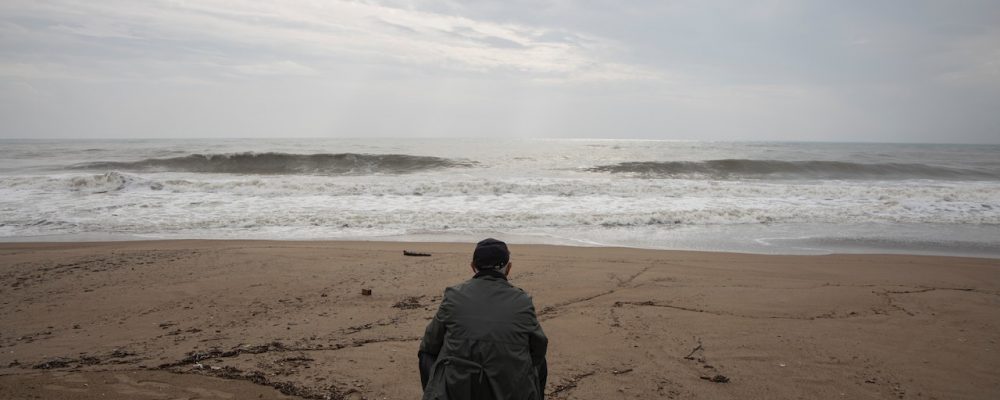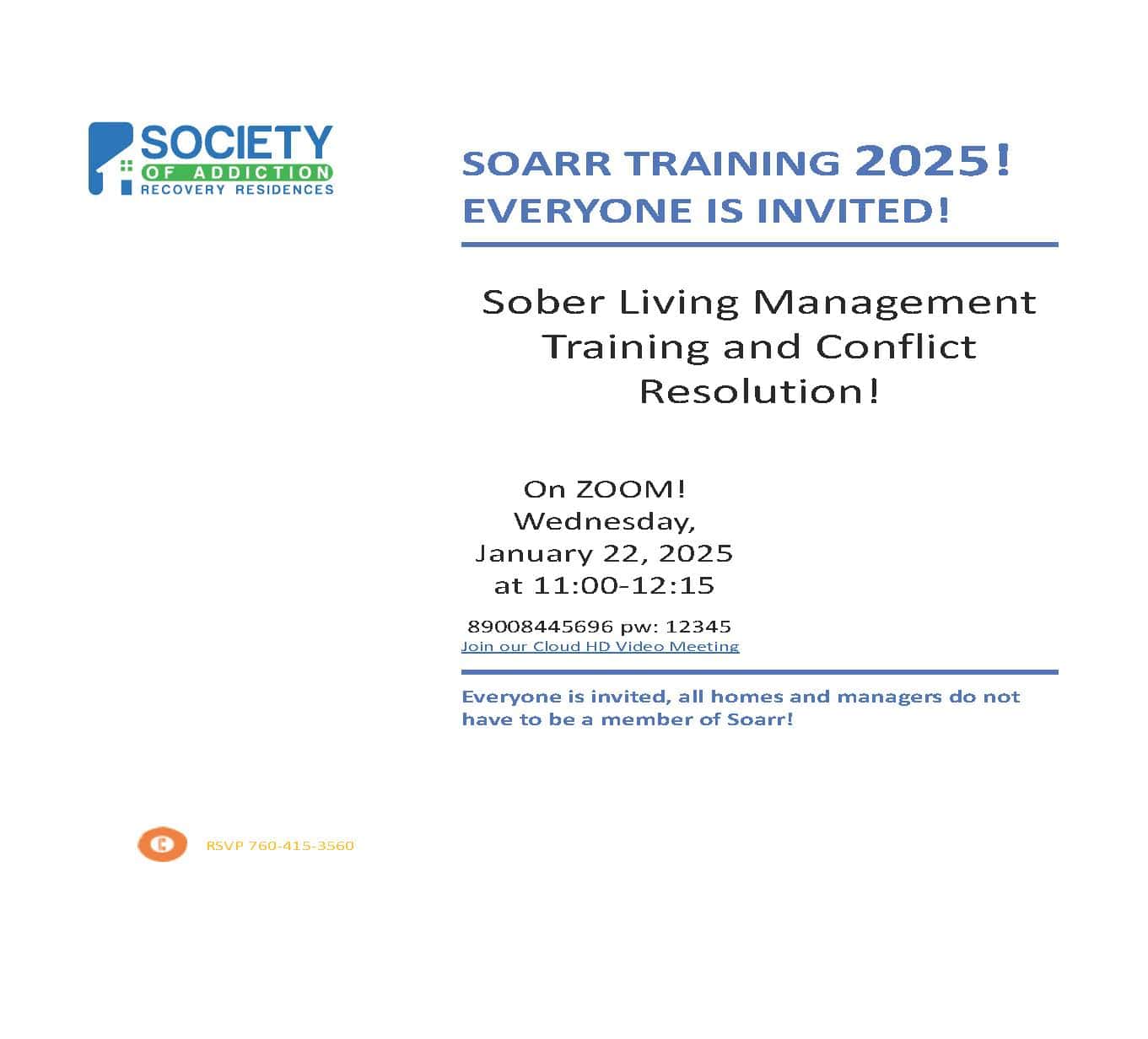While much of California was hit by flooding, it’s hard to overlook the effects that climate change may have on our addicted populations, especially those who are unhoused or living in poverty. Addiction, alongside an unpredictable crisis of severe weather, can cause complications nationwide.
Climate change is changing the frequency and intensity of extreme weather, including wildfires, droughts, and flooding.
This escalating global challenge affects many aspects of human life, including public health and social well-being.
At the same time, the rise of the addiction crisis and the homeless encampments, unfortunately, compound the complexity of these challenges.
Climate Change and Addiction Crisis
Extreme weather events and natural disasters linked to climate change can disrupt communities, leading to increased stress, trauma, and mental health issues.
Vulnerable populations, including those struggling with addiction, are disproportionately affected by climate-related events, further intensifying the crisis. Poverty, homelessness, lack of transportation, and other factors like disability and addiction can make it very hard to evacuate during extreme weather. Addicted people may be even more reluctant to flee if they cannot find a source of drugs. Withdrawing from drugs cold turkey could make a person very sick if they have no resources.
As seen during the COVID-19 pandemic, many treatment centers and sober living homes were forced to close their doors and send vulnerable, newly sober people home without a disaster plan. Some people relapsed and were much more vulnerable to the virus due to comorbidities.
Addicted Persons in Homeless Encampments
Most unhoused encampments are places of desperation that people resort to when they have nowhere to go. Many drug users complain that they must remain sober to go to shelters. Climate change’s storms don’t always deter people from staying on the streets.
Shelters often have sanitation, theft, and public health issues such as lice, COVID or bedbugs.
However, encampments often lack basic sanitation facilities, access to soap or clean water, and waste management. These issues, when combined with people shooting drugs and cooking food, create health risks to both the unhoused population and nearby communities. Encampments are often communities that help facilitate or enable drug use.
People living in encampments may normalize their situation, believing it’s the situation they can get or that they are experiencing “true freedom.” This can impede access to addiction treatment and mental health services, exacerbating substance abuse issues. Breaking through denial often requires the intervention of trained addiction specialists.
Climate Change, Unhoused Encampments, and Public Health
California has worked hard to pour money into social problems, public housing, family housing, and treatment centers, but encampments are still an issue fed by untreated mental health and substance use disorders.
Climate change, unhoused encampments, and public health are deeply connected in California and around the country. Rising temperatures due to climate change can worsen living conditions in encampments. Floods can cause the loss of personal belongings, create more public health hazards such as waterborne disease, and heighten the risks of heat-related illnesses.
Government health agencies stress that climate change related disasters could strain emergency medical resources and increase mortality rates, particularly among individuals with addiction issues.
Helping With Addiction, Recovery, and Housing During Climate Crisis
Addressing the complex interplay of climate change, the addiction crisis, and unhoused encampments requires a multifaceted policy. Collaboration between federal, state, and local agencies is essential to provide unhoused individuals access to addiction treatment, mental health services, and stable housing.
During COVID, many services for addiction recovery were temporarily unavailable, leaving many people to fend for themselves. Treatment centers need evacuation plans, housing plans, and a way to provide continuity of care in the case of a natural disaster. The government needs to be prepared to step in when there is trouble securing MAT that people have been prescribed.
AA Meetings, therapists, and others should have a plan for going virtual or providing substitute services when they are not available. (For example, hotline meetings or therapy sessions.)
Preparing For the Future
The convergence of climate change, the addiction crisis, and unhoused encampments presents complex challenges that demand comprehensive and collaborative approaches.
The interconnected impacts of these issues on public health emphasize the need for integrated policies that provide unhoused individuals with essential resources while accounting for the risks posed by a changing climate.
By addressing these challenges collectively, California and other communities can strive to create a more resilient, equitable, and healthier future for all.
About SOARR
Learn more about our sober home programs and how we set California’s standards for sober living. Get in touch.





